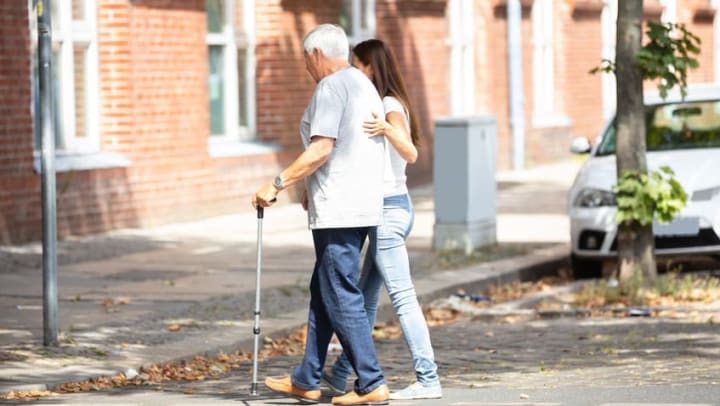
No one likes to be physically restrained. Whether it involves pinning down the arms or preventing an individual from moving forward, physical restraint often has the opposite effect of its intention. Unwarranted restraint can elicit a violent reaction to free oneself, creating an escalation of resistance that can have negative results. This is especially true for individuals struggling with dementia. And it is one reason why Anthem Memory Care communities work hard to ensure our residents are provided with as much freedom of movement as possible, all the while keeping them safe and secure.
Of course, there are circumstances in which some physical restraint is necessary to protect an individual with dementia from injuring himself or herself. After all, aggression and agitation are often found in individuals with dementia, especially as the disease progresses. With that in mind, however, techniques to avoid restraint should be used whenever possible. Why? Because, for an individual with dementia, restraints can exacerbate their already fragile sense of autonomy, creating even more confusion and anxiety.
The Alzheimer’s Association describes unnecessary restraint of those with dementia as having the following negative impacts:
These are serious consequences to be avoided, whenever possible. If you have a loved one with dementia it is important to educate yourself on strategies that you can adopt to help you navigate away from using unnecessary restraints and identify alternative ways of dealing with agitation and aggressive behavior.
If you are evaluating memory care communities for your loved one, look for facilities with floor plans that enable residents to move around freely. Look for wide, open corridors without dead ends or alcoves that can become confusing. Finally, ask the caregivers what strategies they use to avoid unnecessary restraints on individuals.
As healthy individuals, we take for granted out ability to move freely from room to room, or take a stroll along a garden path, or walk the dog. Individuals with dementia deserve to live their lives in an environment that is safe and secure, and yet respects the human being inside and provides every opportunity to live as normal of a lifestyle as possible.